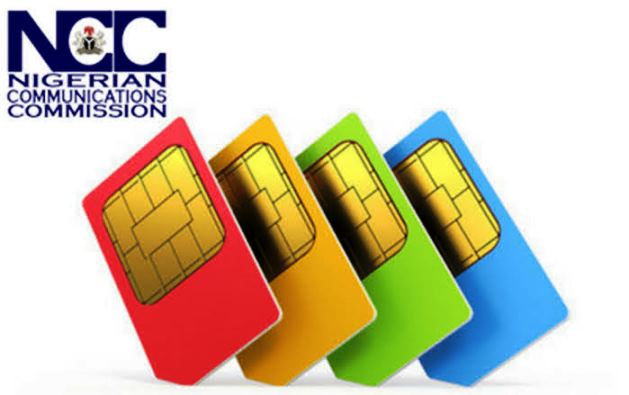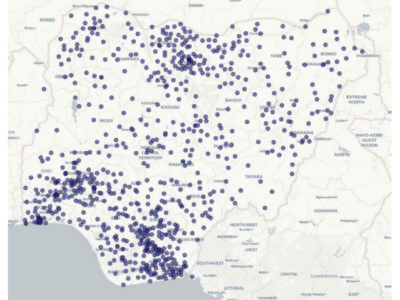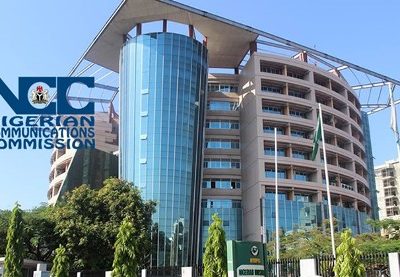The Nigerian Communications Commission (NCC) has announced that all SIM cards used in the country are now manufactured locally. This milestone was shared by Babagana Digima, the Head of New Media and Information Security at NCC, during a two-day training session for media executives in Lagos, titled “Upskilling Media Stakeholders on Trends in Telecommunications.”
RELATED: Nigeria battles insecurity, orders blocking of all SIM cards with no National Identity Numbers
Digima attributed this achievement to the NCC’s commitment to fostering local content and indigenous participation in the telecommunications industry, driven by the Nigeria Office for Development in the Indigenous Telecommunications Sector (NORDIT).
“The NCC, as outlined in Sections 1D to F of our Act, is mandated to encourage indigenous participation of telecom companies,” Digima stated. “The national policy for the promotion of indigenous content in the telecommunications sector, which established NORDIT, has been instrumental in this achievement.”
Prior to NORDIT’s intervention, nearly all SIM cards in Nigeria were imported.
He highlighted that prior to NORDIT’s intervention, nearly all SIM cards in Nigeria were imported. “In the last two years, almost 99 to 100 percent of SIM cards were imported,” Digima noted.
Adding: “When NORDIT was established, we set a goal to manufacture SIM cards locally within five to six months. We directed all Mobile Network Operators (MNOs) to source their SIM cards locally. As of now, 100 percent of SIM cards used in Nigeria are manufactured locally, with no importation.”
As the former head of NORDIT, Digima emphasized the commission’s advocacy for indigenous participation across all aspects of telecommunications. “Currently, we are sponsoring the manufacture of corrugated duct, which will be the first of its kind in Africa. We also support the local production of towers and fibre cables,” he said, noting that Coleman Cables has significantly expanded its fibre manufacturing capacity, surpassing even the leading company in Egypt.
Bridging gap between NCC and various publics
Aminu Maida, the Executive Vice-Chairman of NCC, represented by Abraham Oshadami, Executive Commissioner of Technical Services, explained that the training initiative for senior media executives aimed to bridge the understanding gap between the commission and its various publics.
His words: “Our industry’s success depends on proper enlightenment and education,” Maida said. “This initiative is designed to enable media executives from print, broadcast, and online platforms to understand the commission’s operations and the challenges we face.”
The training session underscored the NCC’s ongoing efforts to enhance transparency and foster better communication with stakeholders and the general public.





























